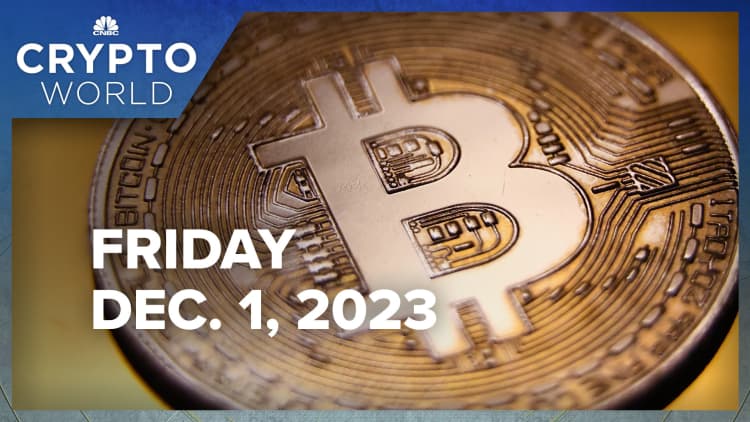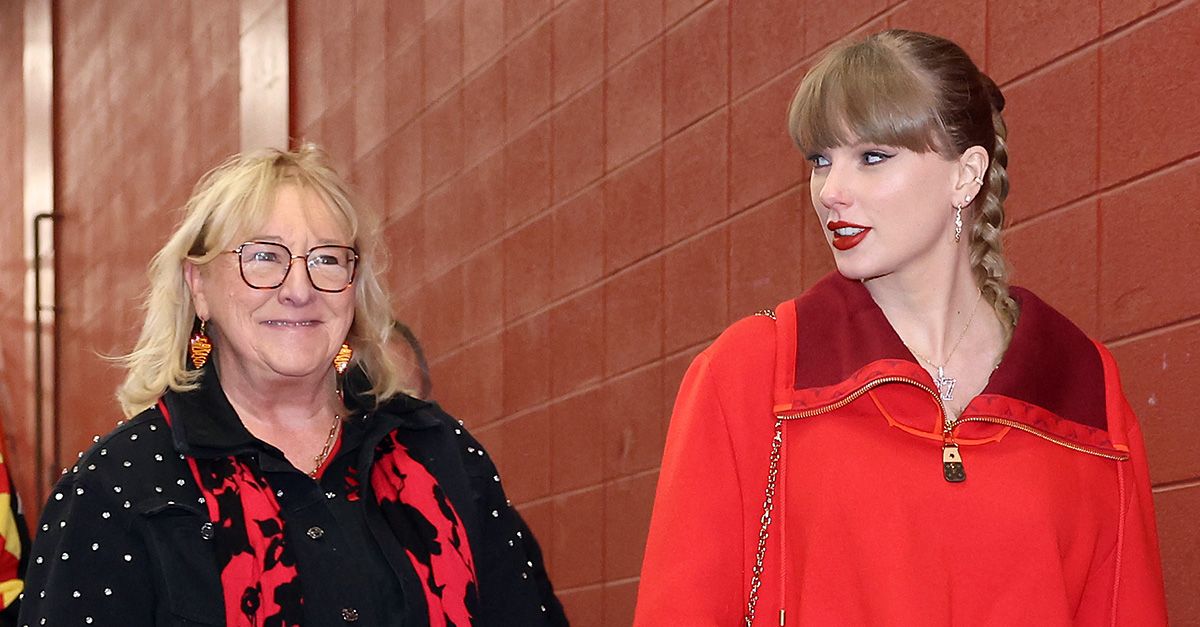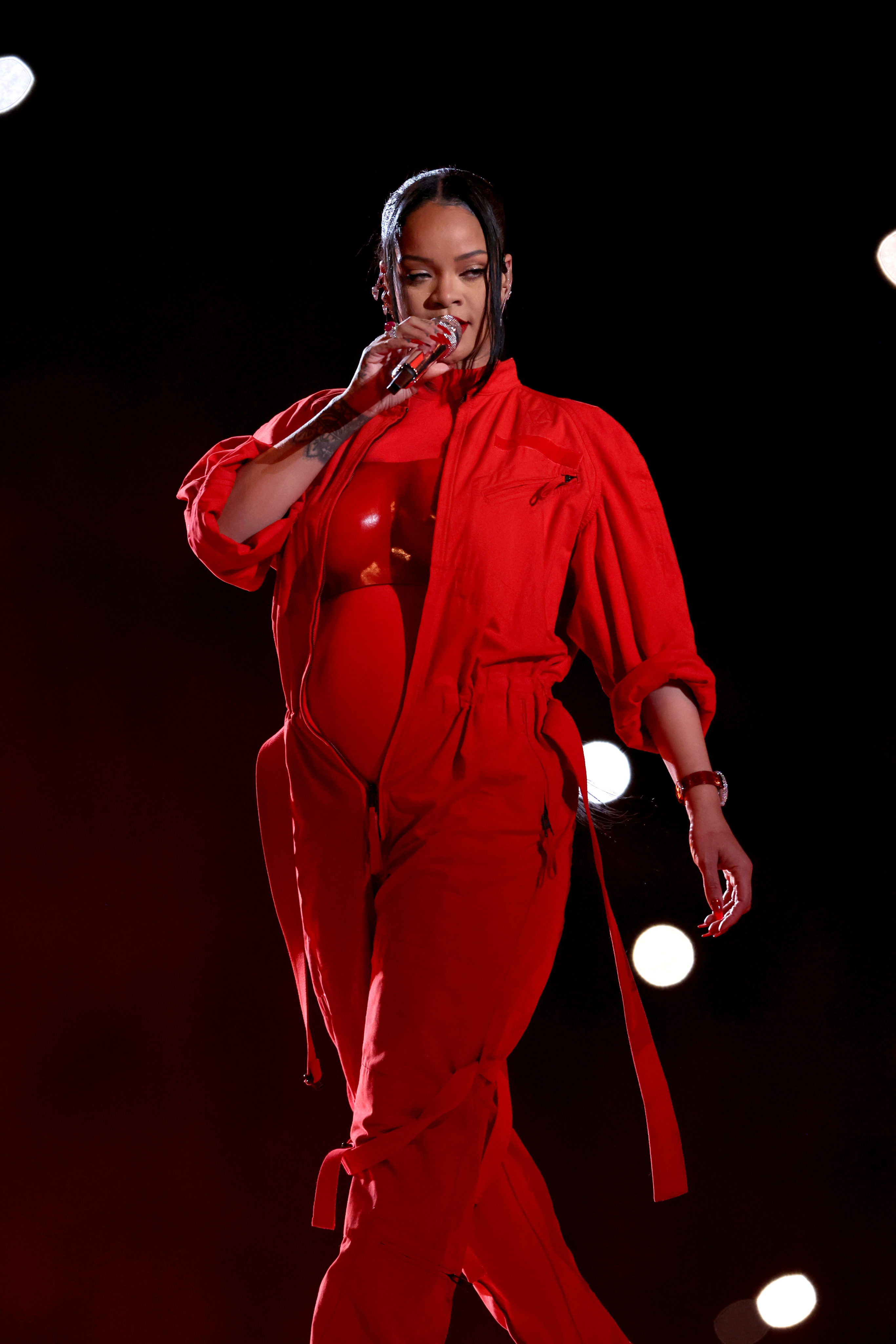Bitcoin, the world’s largest cryptocurrency, has been stealthily rising in 2023.
Chris Ratcliffe | Bloomberg | Getty Images
Bitcoin crossed the $40,000 mark for the first time this year on Monday in Asia, bolstered by anticipation of a bitcoin exchange-traded fund approval and bets on U.S. interest rate cuts.
The world’s largest cryptocurrency surged more than 4% on Monday in Asia to a 19-month high, and traded as high as $41,520 as of 12.30am ET, based on Coin Metrics data. This is the first time since May 2022 that bitcoin has breached the $40,000 level, according to LSEG. Bitcoin is now up more than 145% from the start of the year.
This comes after scandals rocked the market including the collapse of crypto exchange FTX in November last year. Last month, FTX founder Bankman-Fried was found guilty of all seven criminal charges brought against him related to the collapse of his crypto empire.
“Now that $40,000 has been revisited for the first time in almost 19 months, $48,000 and $52,000 look to be the next significant lines in the sand,” said Antoni Trenchev, co-founder of digital asset company Nexo.
CNBC reported last week that U.S. Securities and Exchange Commission officials met with representatives from Grayscale, BlackRock and the Nasdaq. In a memo, the SEC said it met with Grayscale on Thursday about the potential conversion of the Grayscale Bitcoin Trust into an ETF. The SEC had previously blocked this move, but Grayscale challenged that decision in court and won.

This boosted confidence in the market that a bitcoin ETF may eventually be approved, pushing up the price of the world’s largest cryptocurrency.
“How swiftly Bitcoin marches towards $50,000 might well depend on when a spot-Bitcoin ETF is approved and even then, there’s no guarantee the much anticipated nod from the SEC will put a rocket booster under the price,” said Trenchev.
During a fireside chat on Dec. 1, Federal Reserve Chairman Jerome Powell said it’s too early to talk about cutting interest rates right now, and the central bank will be “keeping policy restrictive” until policymakers are sure that inflation is returning solidly to 2%.
“Like most forecasters, my colleagues and I anticipate that growth in spending and output will slow over the next year, as the effects of the pandemic and the reopening fade and as restrictive monetary policy weighs on aggregate demand,” he said, according to a transcript.
His comments gave rise to expectations the Fed is probably done raising interest rates for now, as the series of rate hikes since March 2022 have cut into economic activity.
Yet at the same time, Powell said it is “premature to conclude with confidence that we have achieved a sufficiently restrictive stance” and that more hikes could follow.
– CNBC’s Jesse Pound and Jeff Cox contributed to this report.
















































































